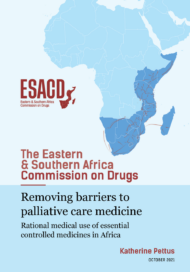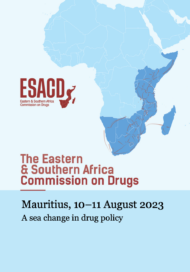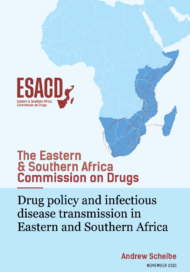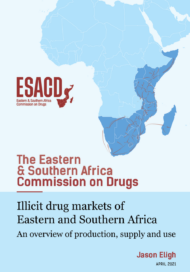Posted on 23 Oct 2021
In April 2021, the African Group of the UN Commission on Narcotic Drugs (CND), the central drug policymaking body within the UN, expressed ‘grave concern about the access, availability and affordability of medicines, including pain-relieving drugs for millions of people who need them most on the African continent’.
The Group was referring to a persistent public health crisis across Africa: lack of essential medicines for the relief of severe pain and suffering, including for anaesthesia, trauma, obstetrics, neurological disorders, and palliative care. Unlike many other essential medicines, those required for these applications – namely opioids – are subject to strict international control due to concerns that they contain substances believed to induce dependence under certain circumstances. Palliative care, the medical specialty that was developed to address health-related suffering, is available in most of North America, Australasia and Western Europe. All WHO member states, including the African Group, have pledged to integrate palliative care into primary health care. However, in eastern and southern Africa, shortages of opioids for palliative care present a persistent challenge to this integration. The underlying barriers to access are well known and some African governments are already taking steps in partnership with civil society to overcome them.
This policy brief reviews the common barriers to opioids for rational medical use in the region and proposes solutions that align with international law and multilateral commitments. It is recommended that African governments adopt a public health approach to palliative care and access to essential medicines, which rests on three pillars: enhancing education of patients and medical practitioners; strengthening supply chains for medicine availability; and developing consistent government policies and practices that balance opioid access and control.




